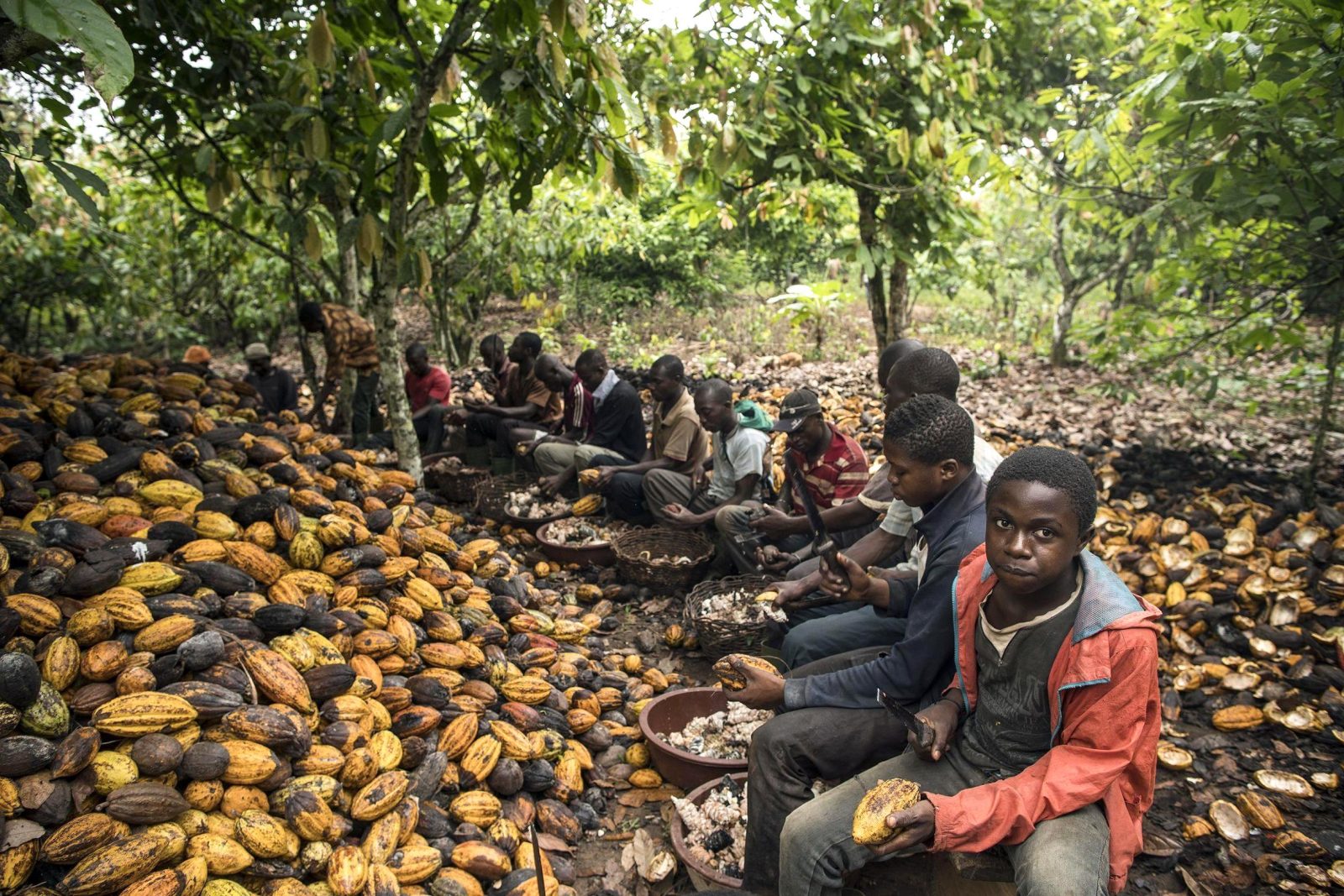
Côte d’Ivoire Faces Early Cocoa Season Slowdown

Côte d’Ivoire, the world’s top cocoa producer, is facing a worrying start to the 2025/26 season. In October, cocoa grinding dropped by 25.4 per cent year on year, to just over 44,000 metric tons, according to the country’s exporters’ association. Grinding is the process that turns raw beans into cocoa liquor, butter, and cake, so a sharp decline signals that either supply is slowing, quality is slipping, or both. The drop is a concern not just for domestic processors but also for the global chocolate industry, which relies heavily on beans from Côte d’Ivoire.
Several factors are contributing to the slowdown. Early crop volumes have been weak, and bean arrivals have lagged expectations. At the same time, quality issues are mounting, with large quantities of beans being rejected for low fat content, high acidity or small size. Financial pressures are also weighing on the sector. The state-guaranteed minimum price paid to farmers has raised costs for exporters and grinders, reducing their ability or willingness to process beans quickly.
READ MORE: Hakimi and Chebbak Lead Morocco’s Unforgettable CAF Awards Sweep
The decline in grinding threatens Côte d’Ivoire’s broader goal of capturing more value from its cocoa rather than exporting mainly raw beans. Domestic processing supports jobs, industrial capacity and higher margins, but with grinding capacity far exceeding current output, many plants are running underutilised. For the global chocolate market, the slowdown raises concerns about supply constraints and quality bottlenecks. Côte d’Ivoire and neighbouring Ghana together account for a significant share of the world’s cocoa, so any disruption can affect prices, sourcing decisions, and production further down the chain.
If the drop in grinding continues, grinders may need to source more beans from other countries or rely on semi-processed imports. Farmers could see delayed payments or lower incomes if their beans are rejected, which may affect future planting and maintenance. Chocolate manufacturers could face tighter supply and higher prices, while domestic processors may struggle with idle capacity, squeezing profitability and investment plans.
The coming months will be crucial. The main crop harvest runs from October through March, so early-season numbers suggest the challenges could persist if conditions do not improve. Improving bean quality, accelerating arrivals and supporting farmers with better practices will all be essential to stabilise the sector. While a 25 per cent drop in one month does not define the season, it is a severe warning for a country whose cocoa sector is vital both at home and abroad. The task now is to turn this early red flag into action that keeps Côte d’Ivoire at the centre of the global cocoa market.
About The Author
Related Articles
The AFCON Final in Morocco and the Controversies That Followed
The Africa Cup of Nations final between hosts Morocco and Senegal ended...
ByWest Africa WeeklyJanuary 20, 2026Mali’s Transition Leader Attends Swearing-In of Guinea’s President Mamadi Doumbouya
Mali’s President of the Transition, General Assimi Goïta, represented the country in...
ByWest Africa WeeklyJanuary 19, 2026Malian Army Conducts Successful Surveillance Operation in Mopti Region
The Malian Armed Forces have carried out a successful territorial surveillance operation...
ByWest Africa WeeklyJanuary 19, 2026Niger’s Security Forces Record Major Gains Against Armed Groups
Niger’s Defence and Security Forces have reported significant results following a week...
ByWest Africa WeeklyJanuary 19, 2026












Leave a comment